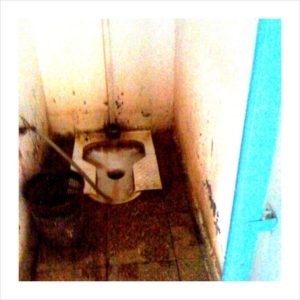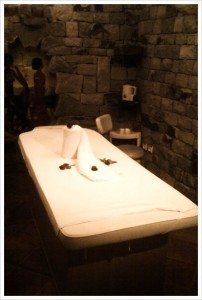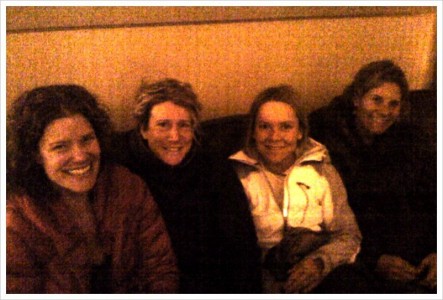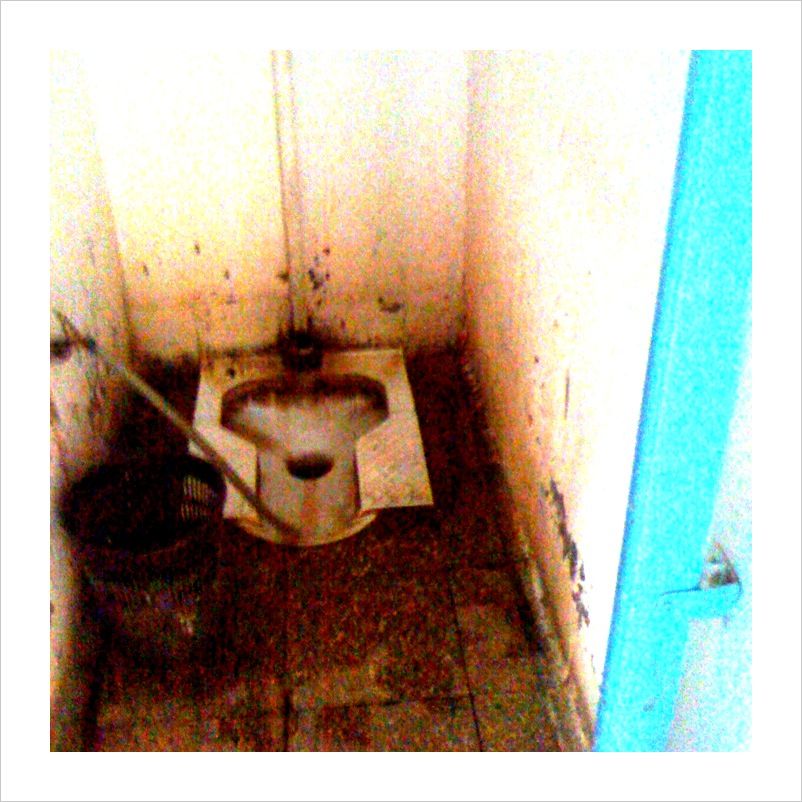
Where I started: Jima Airport, SW Ethiopia
Three weeks ago I flew from southwestern Ethiopia to central Montana, in six flights. When I arrived at the Bozeman airport, at 11:45 pm. I’d been traveling for thirty-eight hours. It was -5 degrees outside, a 75-degree drop from where I’d started. My van, choked full of a winter’s assortment of climbing gear, files, and poodle food, was waiting in the parking lot. Peter and I tossed in our bags and, when the sliding door would not stay shut because of the cold, I held it closed on the drive to what would become our home for the next twenty-two days.
The next morning, mid-unpack, jetlagged, and missing my gloves, I met Gretchen, a friend of a friend, for coffee. I warned her of my state in my greeting. “This might be a bad idea,” I said. “I’m probably about as least like myself, or most like myself, as I could be.”
Gretchen smiled compassionately. “Transitions are always hard.”

Midway: Spa in Addis Ababa, Ethiopia
This was the right thing to say, and true. I felt better from the validation. But then I thought about the coming months of homestead auditions in Bozeman and North Conway, and the previous months in Jackson, Boulder, and Africa. I’m not sure what that right ratio of excuse to action is, but it stands to reason that the 50% threshold is one not to exceed for the former.
When I first learned how to be a mountain guide, my mentor repeated one word more than any other: transitions. Transitions were the single difference between climbing and guiding, and the efficiency and ease with which you managed your transitions would be what set you apart as a great guide. Transitions were not something to use as a crutch, but something to master. Transitions were not a state in which to wallow, or a state in which to call up your friends and tell them, for the sixth time that year, that you just couldn’t seem to switch time zones, climate zones, or terrain zones.
My father says I have always had a plan. As a kid I used to plan out our Saturdays with the most efficient order of errands, schematically maneuvering us between Target, the grocery store, the bookstore and the ice cream shop where I had a crush on the head scooper. Granted, it’s harder to manage all of adulthood so it lines up just so, but I certainly try.
Tomorrow I start packing up from Bozeman to head to North Conway. Last night on TV, Peter and I watched an ad for the Space Bag. For $19.95 we can compress our lives into ¼ the size. We just need a vacuum. They provide the plastic bags. This might be the new solution to cross country travel. I considered buying it just to fit in with the other TV shoppers in the world—some skewed sign of stability. And then I considered buying it as a way to perpetuate my increasing justification for the stuff that I deem necessary to buttress all of this movement. This time around, I have two printers and a giant ball chair. We’re not even going to talk about the climbing and skiing gear. Right now I’m running in a dead heat between everything being in use in a home and packed in the van. But instead of calling the 1-888 number, I went to bed.

Last Stop: Majka Burhardt and Friends, Bozeman Ice Festival, 2009
It’s raining this morning in Bozeman. In the time I have been here, I have learned that I could call this town home. I’ve learned that the space between stability and permanence might only be in my head. I’ve learned that each friend I lose in the mountains hurts more than the last. And maybe I’ve learned that the real unspoken challenge is the transition from the transition. It’s the let down after the conquering of logistics. It’s the moment when you’re back in your tent with no other task to manage than the questions in your own head about the choices you are making each time you step outside. It’s the morning you wake up and realize that the only place you have to go that day is toward a more complete understanding of why you are where you are.

